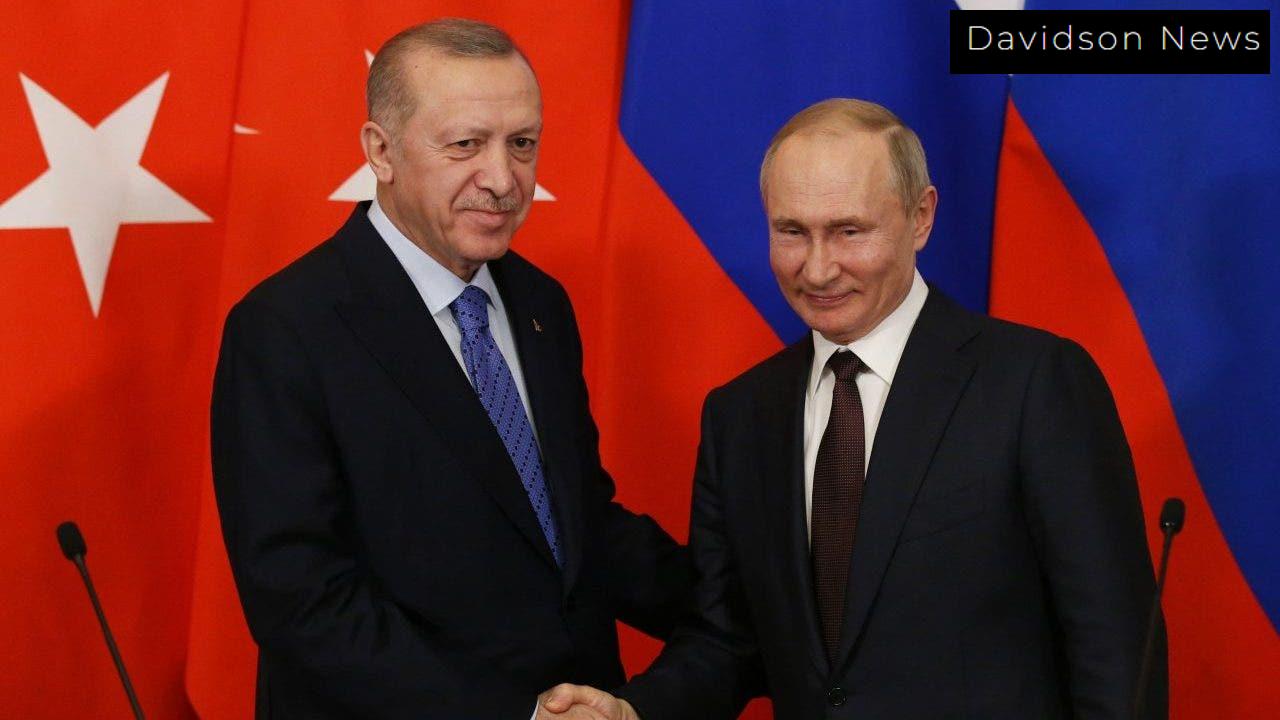In a significant move that reflects ongoing geopolitical shifts, a bipartisan group of U.S. House lawmakers has introduced a new piece of legislation aimed at redesignating Turkey’s classification from a European to a Near Eastern country at the State Department. This change comes as concerns rise about Turkey’s increasingly close ties with nations like Russia, China, and Iran, which are seen as counter to the interests of the United States and its allies.
The Turkey Diplomatic Realignment Act
The Turkey Diplomatic Realignment Act, co-sponsored by Representatives Brad Schneider and Gus Bilirakis, outlines a restructuring of how Turkey is perceived within U.S. diplomatic channels. Currently labeled within the Bureau of European and Eurasian Affairs, this new classification signifies a growing unease among lawmakers regarding Turkey’s foreign policy actions under President Recep Tayyip Erdoğan. Schneider remarked that Erdoğan has evidently chosen a path that diverges sharply from traditional Western alliances, raising red flags amongst U.S. lawmakers.
Concerns Over Turkey’s Foreign Policy
Legislators have expressed alarm over Turkey’s behavior on the world stage, which some describe as increasingly hostile. For instance, the wall between Turkey and its NATO allies appears to be crumbling, with Turkey’s military dealings with nations like Russia drawing particular scrutiny. Critics, including Jonathan Schanzer, a Middle Eastern expert, stated that Turkey often acts like an adversary by supporting groups labeled as terrorist organizations and maintaining relations with rogue states. The Turkish embassy in Washington has contested this characterization, asserting that it misrepresents Turkey’s foreign policy.
Turkey’s Military Deals and NATO Dynamics
One of the most contentious points surrounding Turkey’s foreign policy is its purchase of the Russian S-400 missile defense system, which has led to friction between Turkey and the United States. Moreover, Turkey has used its NATO membership as leverage to negotiate arms deals, including the sale of F-16 fighter jets. This complexity raises questions about Turkey’s commitment to NATO’s collective security aspirations and how its military deals with adversarial nations impact global peace efforts.
The Legislative Path Forward
The proposed legislation not only recommends a classification change but also mandates the U.S. State Department to reassign Turkey’s designation within 90 days and conduct a comprehensive review every five years to understand the implications of this shift. This level of scrutiny indicates how seriously lawmakers are taking the current state of U.S.-Turkey relations and highlights the urgency of addressing potential risks posed by Turkey’s growing partnership with countries that oppose U.S. values.
The Diplomatic Stakes for the U.S. and NATO
As Turkey enhances its relationships with nations like Iran and China, which often stand in opposition to U.S. interests, Washington is now tasked with navigating this new landscape carefully. Lawmakers cite the importance of holding Turkey accountable for behaviors that they argue undermine Western security interests. Those in favor of the proposed legislation believe that it is critical to redefine this relationship to support U.S. strategic goals in an evolving global environment.
What’s Next for U.S.-Turkey Relations?
The proposed legislation sparks a crucial debate: how can the U.S. balance its historical ties with Turkey, once considered a strategic ally, with the growing discrepancies over foreign policy? As the legislation advances through the political process, it will undoubtedly shape not only the future of U.S.-Turkey interactions but also impact NATO’s cohesion as a defense alliance. Observers across the political spectrum await further developments, curious to see whether this internal shift within the U.S. will prompt changes in Turkey’s foreign endeavors.
Turkey’s Response and Outlook
The Turkish government has made it clear that it does not agree with the portrayal of its foreign policy and promises to keep asserting its position as a crucial player in international relations, especially in light of ongoing tensions in Eastern Europe. The role Turkey plays in geopolitical affairs, particularly relating to the unique circumstances involving Ukraine and its relationship with Russia, is increasingly pivotal, and many are watching closely to see how both sides navigate these upcoming challenges in light of the proposals from U.S. lawmakers.
